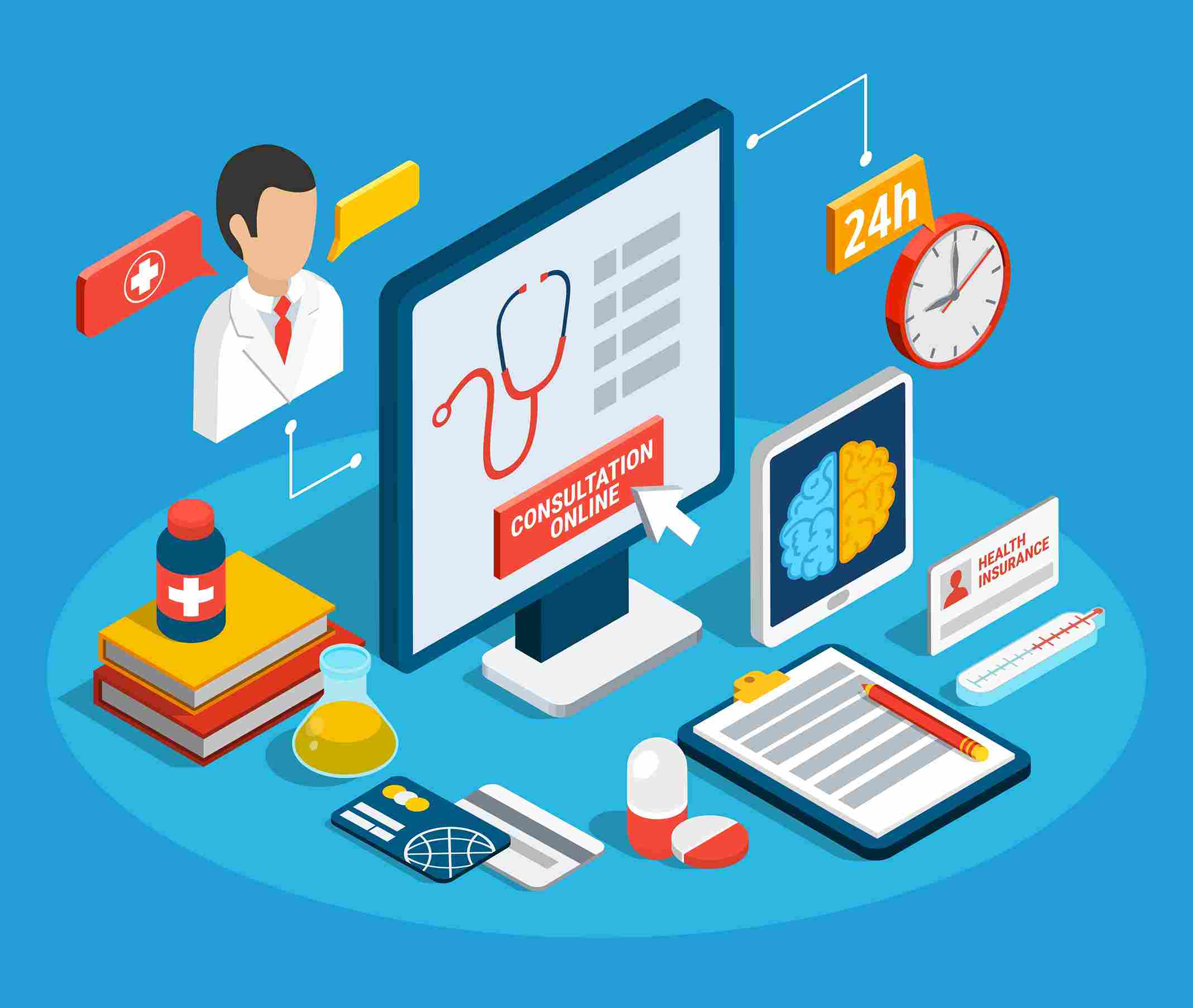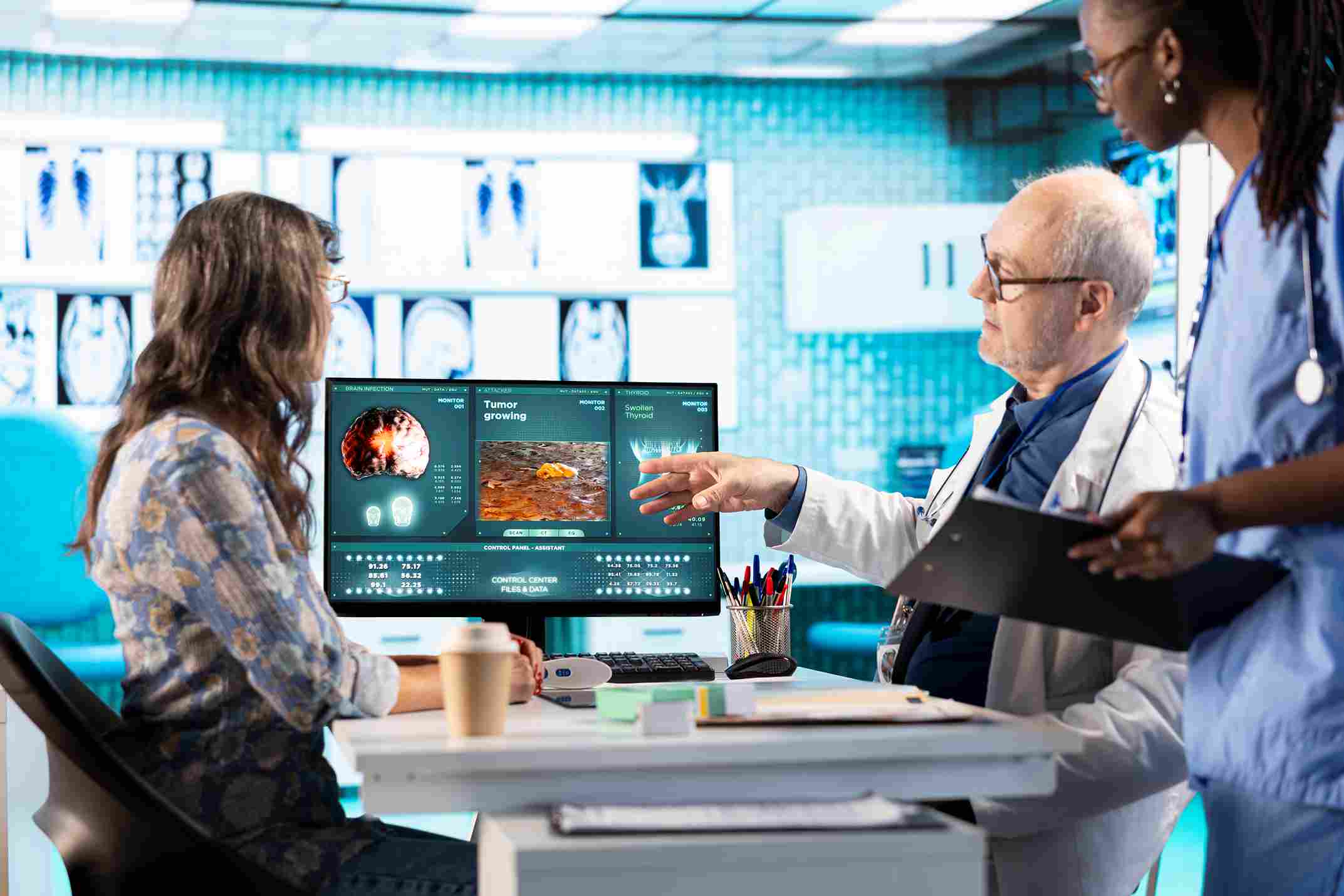In the ever-evolving healthcare sector, patient experience has become a critical factor that determines the success and sustainability of hospitals. A well-implemented Hospital Management System (HMS) not only enhances administrative efficiency but also significantly transforms the way patients perceive and engage with healthcare services. This blog serves as a comprehensive tutorial for healthcare providers, highlighting how hospital management software can revolutionize patient care, streamline workflows, and build lasting trust with patients.

Why Patient Experience Matters More Than Ever
Modern healthcare isn’t just about diagnosing illnesses and prescribing treatments. It’s about how patients feel throughout their journey—from scheduling the first appointment to receiving post-treatment support. A smooth, transparent, and responsive experience leads to better patient satisfaction, increased loyalty, and positive word-of-mouth.
Hospital management software plays a pivotal role in achieving this by eliminating inefficiencies and personalizing interactions. In today’s digital world, hospitals that embrace technology are better positioned to meet and exceed patient expectations.
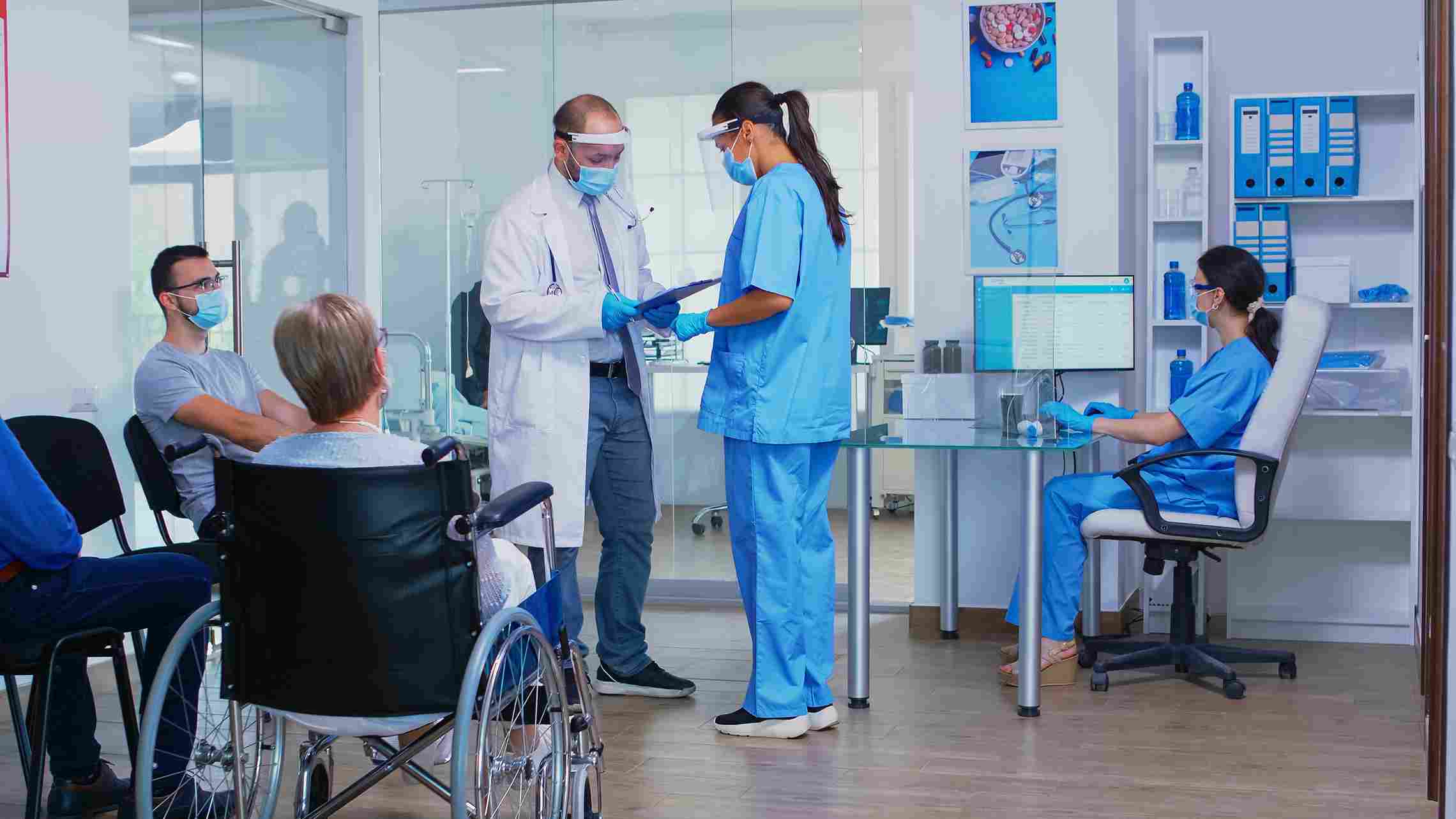
Step-by-Step: How HMS Improves Patient Experience
1) Frictionless Appointment Scheduling and Check-Ins
Traditional appointment systems are often marred by delays and miscommunication.
HMS offers:
- Online appointment booking with real-time availability
- Automated SMS/email reminders
- Contactless digital check-ins
These features not only reduce waiting times but also make the patient feel valued and prioritized.
2) Centralized and Secure Medical Records
Hospital management software stores all patient data in a centralized, secure database. This facilitates:
- Quick retrieval of patient history
- Seamless sharing of information among departments
- Reduced administrative errors
3) Instant Access to Diagnostic Results and Reports
By eliminating the need to repeat personal and medical information, patients enjoy smoother consultations and better care continuity.
Instead of making patients wait for printed reports or manual dispatches, HMS allows:
- Instant upload of lab results and diagnostic data
- Notifications for when reports are ready
- Patient access via mobile app or web portal
Faster access reduces anxiety and enables timely treatment decisions.
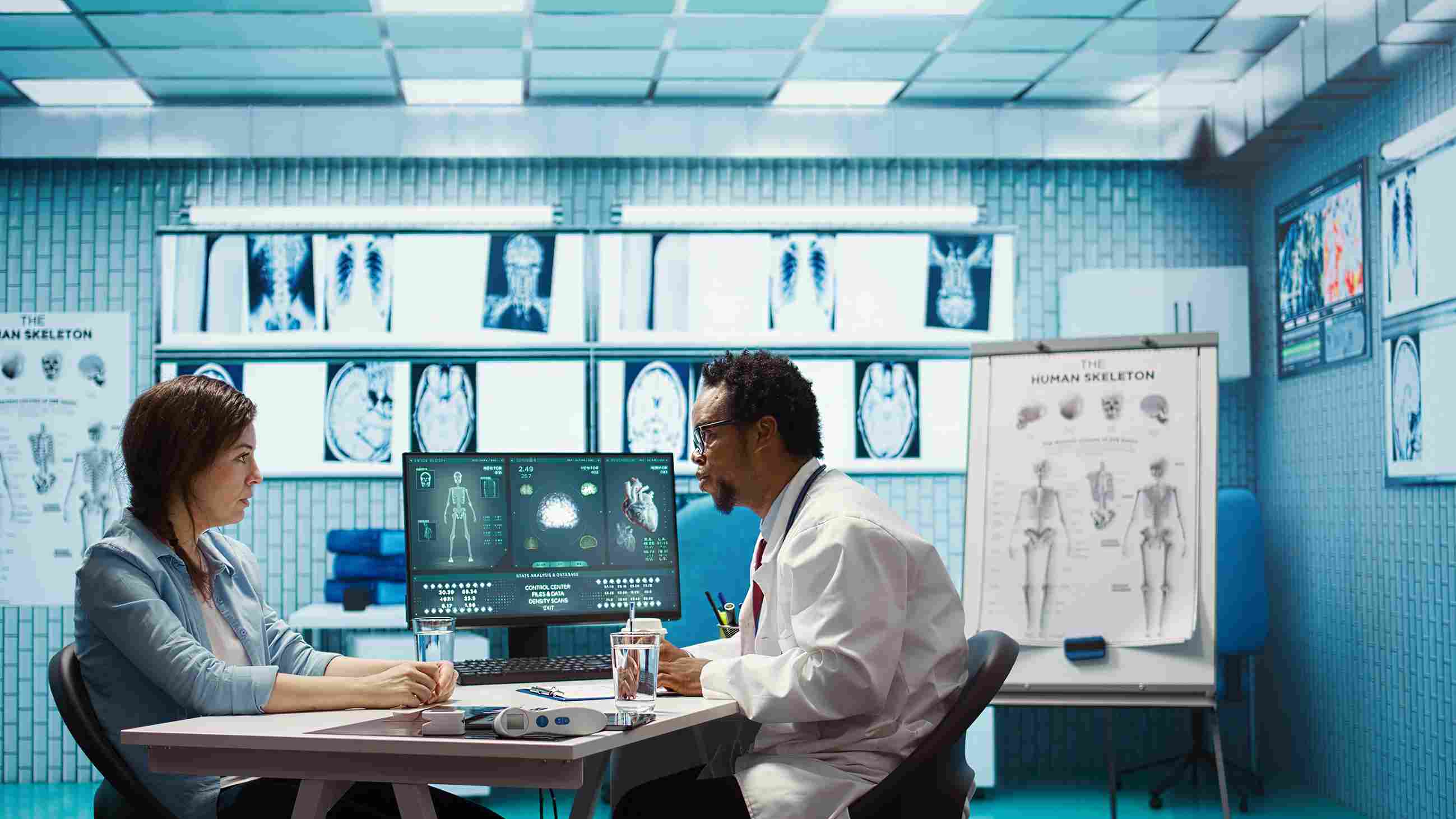
4) Transparent Billing and Claims Management
Billing disputes and unexpected charges are among the most common patient complaints. HMS improves billing accuracy through:
- Automated invoice generation
- Integration with insurance providers
- Real-time billing status updates
Patients understand exactly what they are being charged for, building trust and satisfaction.
5) Follow-Up Scheduling and Post-Discharge Care
Continuity of care plays a major role in patient outcomes and loyalty. HMS helps by:
- Sending follow-up reminders
- Scheduling next appointments proactively
- Providing teleconsultation options
This proactive approach reassures patients that they are being cared for, even beyond the hospital walls.
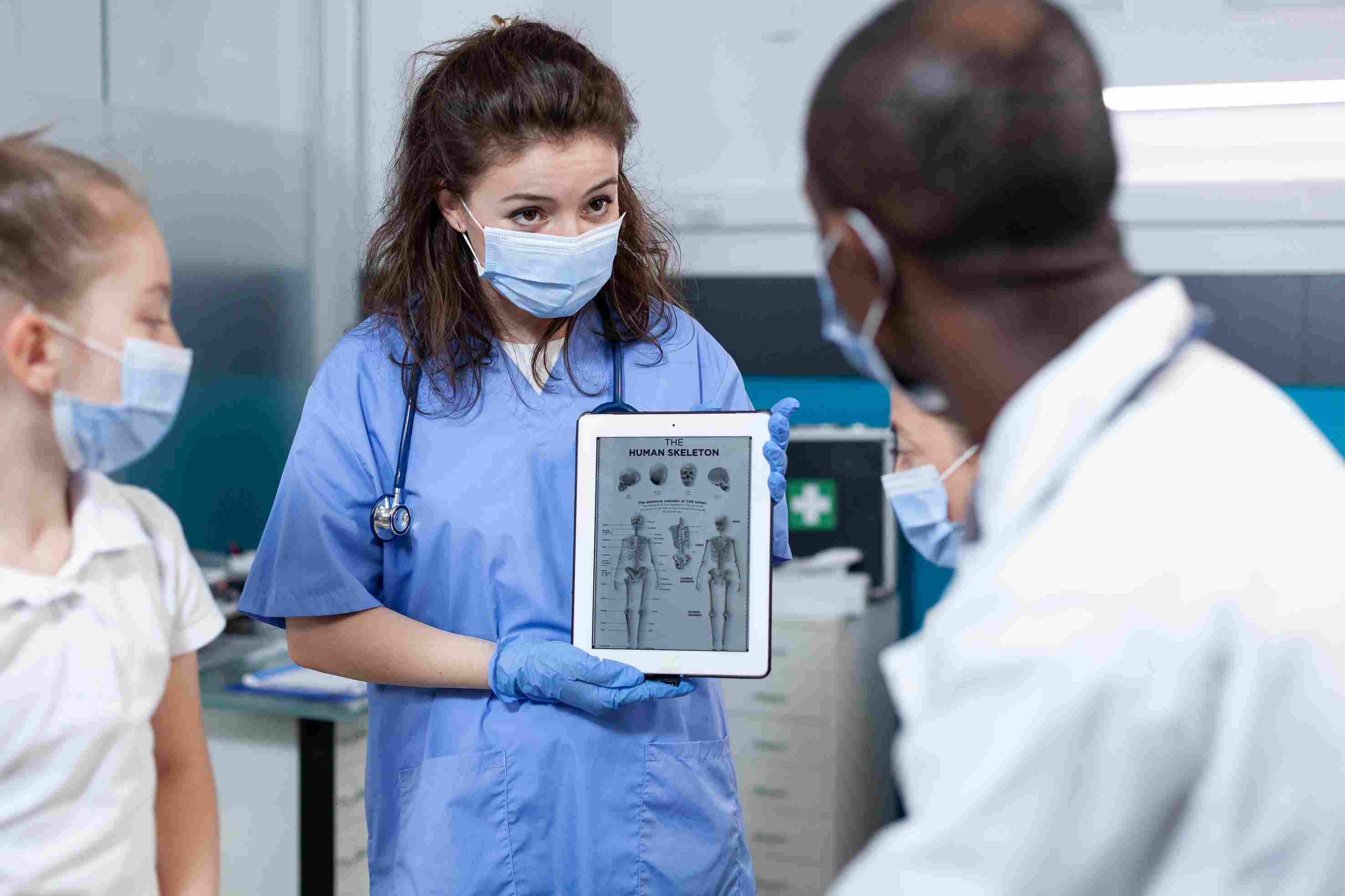
Real-Time Communication Between Patients and Healthcare Staff
Effective communication is essential to patient satisfaction, and modern hospital management systems (HMS) enhance it through real-time chat, secure messaging, and teleconsultation tools. These features allow patients to connect quickly with doctors, nurses, or administrative staff for updates, clarifications, or follow-ups—without needing in-person visits. For example, a patient can securely message their care team about post-treatment symptoms and receive timely guidance. This instant, transparent, and HIPAA-compliant communication reduces delays, strengthens trust, and ultimately leads to better outcomes and a more satisfying patient experience.
Example: During the COVID-19 pandemic, hospitals equipped with HMS tools facilitated remote check-ins, symptom reporting, and virtual consultations, ensuring uninterrupted care while minimizing physical contact.
Streamlined Admissions and Discharge Processes
Admission and discharge processes are often overwhelming for patients and their families, involving multiple steps, manual paperwork, and frequent delays. A hospital management system (HMS) simplifies these procedures by automating routine data entry, reducing the need for repetitive form-filling, and ensuring that patient information is instantly accessible across departments. For example, when a patient is admitted, their medical history, insurance details, and required tests are automatically synced, allowing clinical, billing, and administrative teams to work in parallel without redundant communication. Similarly, during discharge, HMS coordinates the generation of final reports, billing summaries, prescription notes, and follow-up instructions in real time, ensuring patients can leave the facility promptly with all the necessary documentation. This integrated and automated approach not only reduces waiting time but also minimizes errors, enhances accuracy, and provides a more organized, stress-free experience for both patients and healthcare providers.
How it helps:
- Faster admissions with pre-verified data
- Automated bed allocation
- Discharge summary and billing processed simultaneously

Personalized Care through Data-Driven Insights
Hospital Management Systems don’t just store data—they turn it into actionable insights that empower both doctors and patients. Instead of relying on hunches, modern HMS platforms provide predictive alerts, patient risk scoring, and treatment adherence tracking, which take patient experience to a deeper level.
For example, by analyzing appointment history and medical conditions, an HMS can automatically flag patients at risk of missing follow-ups. It might then prompt staff to reach out, ensuring continuity of care. Similarly, the system can identify when a patient’s lab results are trending out of range and alert doctors for timely intervention, often before symptoms worsen.
This proactive, data-driven approach helps clinicians anticipate patient needs and prevent complications. Patients feel a deeper sense of personal attention and trust because they’re not just being treated—they’re being understood. When care becomes anticipatory rather than reactive, satisfaction and outcomes both improve.
Virtual Waiting Rooms and Queue Management: Reducing Stress Before Treatment Starts
One of the most overlooked pain points in hospitals is the waiting experience—a source of stress for both patients and caregivers. Traditional waiting rooms are often overcrowded, with little visibility into when a patient will be seen. Hospital Management Systems now include smart queue management and virtual waiting rooms that revolutionize this stage of the patient journey.
When patients check in—whether online or on-site—they are assigned a digital token that tracks their place in the queue in real time. They receive live updates via SMS or app notifications about delays, cancellations, or their turn to be seen. This not only reduces physical crowding but also improves transparency, allowing patients to wait comfortably in other areas or even from their vehicles in case of minor appointments.
These systems are especially effective in outpatient departments, diagnostic centers, and vaccination clinics. Reducing perceived wait time and giving patients back control over how they spend their time fosters a sense of autonomy and respect—both crucial to satisfaction.
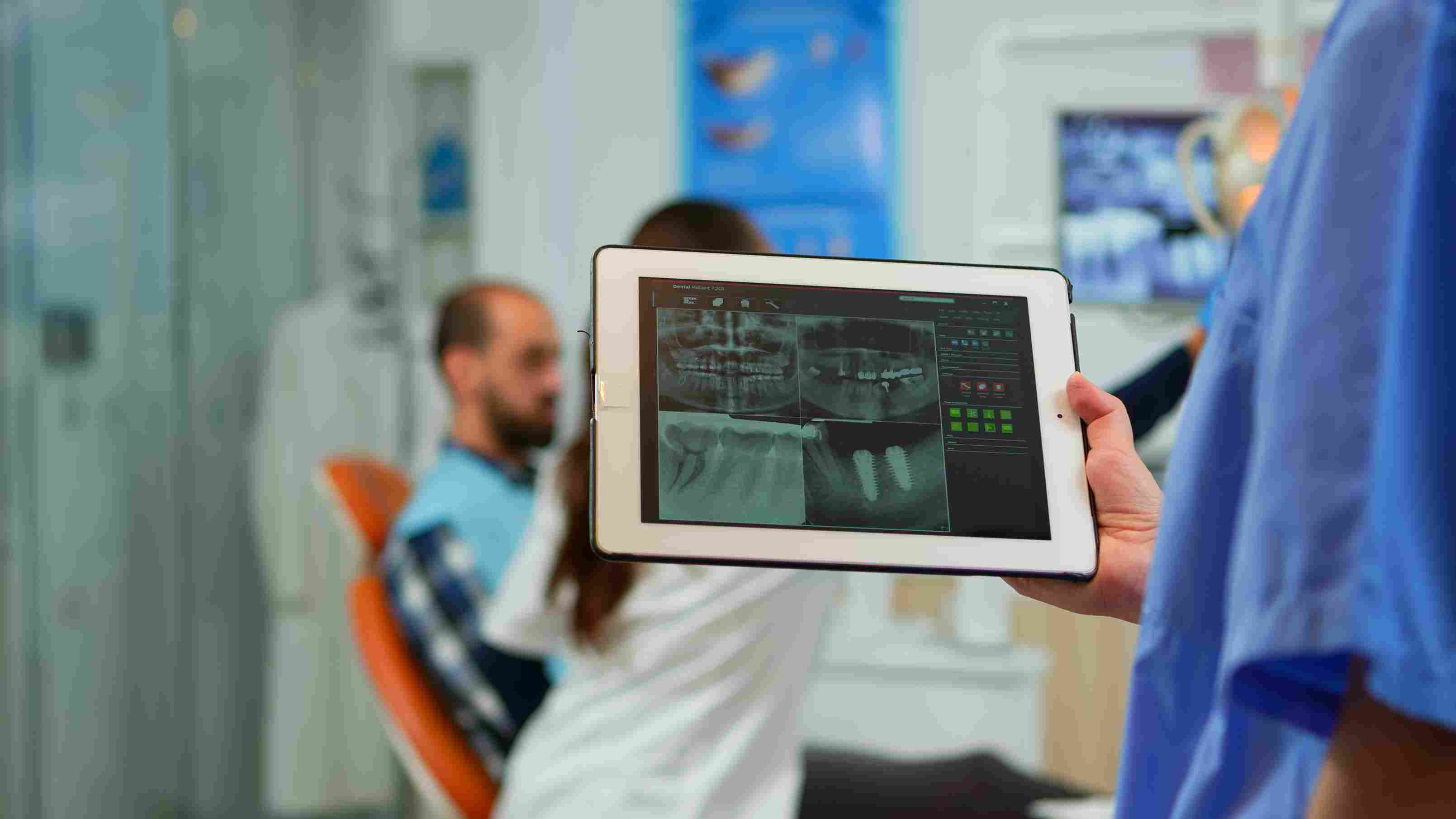
Role-Based Access: Ensuring the Right People Have the Right Information
Privacy and precision are fundamental to delivering excellent care. A modern HMS employs role-based access controls, meaning that each stakeholder—doctor, nurse, lab technician, pharmacist, or billing staff—only sees the data relevant to their duties. This improves data security, reduces human error, and ensures faster, more focused service.
Imagine a scenario where a nurse accesses a patient’s medication schedule, a billing officer sees only insurance and invoice data, and the physician reviews test results and history—all at the same time, from different terminals. This parallel processing shortens care cycles and ensures that no one is overwhelmed with irrelevant information.
For patients, this means fewer repetitive questions, fewer delays caused by miscommunication, and more confidence that each professional is fully equipped to serve them. It’s a quiet but powerful way that HMS builds trust and streamlines care without compromising data protection.
Integrated Pharmacy Management: Ensuring Timely and Accurate Medication Delivery
Prescription errors, stock unavailability, and delays in dispensing medicines can severely impact patient trust and outcomes. A robust Hospital Management System integrates pharmacy operations into the broader care delivery process. As soon as a doctor prescribes medication via the HMS, the request is sent directly to the pharmacy module, where stock availability is checked and the prescription is logged for fulfillment.
This real-time linkage avoids manual transcription errors, eliminates the need for patients to carry paper prescriptions, and helps pharmacists prepare medications ahead of time. The system can even notify patients when their prescriptions are ready for pickup or delivery. For hospitals offering in-patient care, automated alerts ensure timely administration based on scheduled doses—improving adherence and reducing complications.
Predictive Analytics for Patient Outcomes: From Data to Personalized Care
Hospital Management Systems are no longer just tools for recordkeeping—they’re evolving into decision-making allies. Integrated with AI-driven analytics, modern HMS platforms can now analyze trends in patient data to predict readmissions, flag potential complications, and personalize treatment plans.
For instance, a patient with chronic conditions like diabetes or hypertension can be automatically enrolled into a digital care pathway that includes scheduled follow-ups, diet tracking, and health reminders. The system can alert doctors if the patient misses key appointments or if lab results signal risk escalation.
This proactive model of care shows patients that the hospital is invested in their long-term wellness, not just their short-term recovery. It also fosters more meaningful doctor-patient relationships, turning clinical data into actionable insights for better health outcomes.
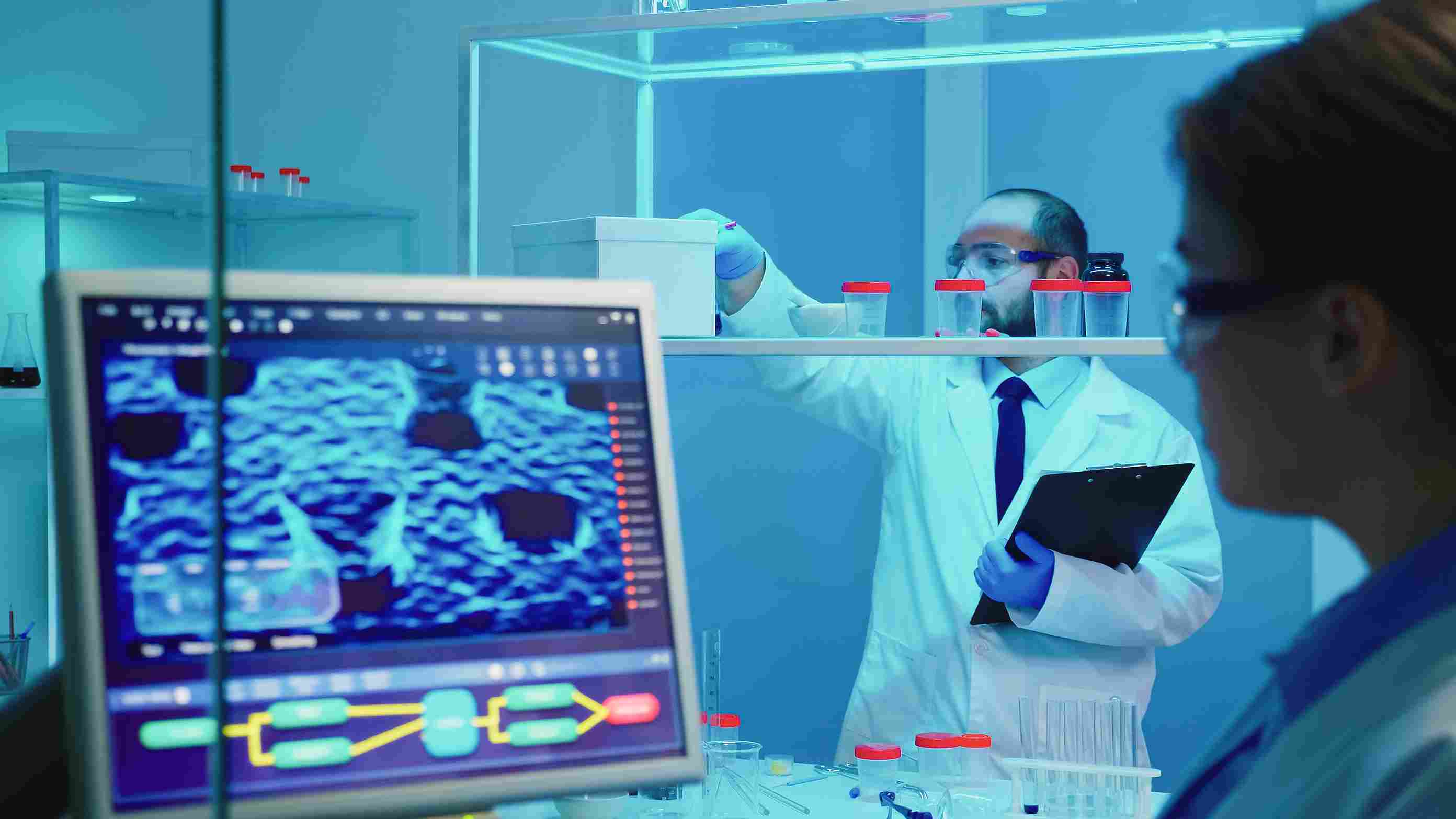
Key Features That Improve Patient Experience
- Patient Portal Access: Enables patients to view records, prescriptions, and schedules
- Real-Time Notifications: Keeps patients informed of changes or delays
- EMR Integration: Allows seamless flow of patient data across departments
- Telemedicine Support: Offers remote consultations and follow-ups
- Multi-Language Support: Ensures inclusivity for diverse patient groups
- Feedback and Rating Tools: Collects patient input for continuous improvement
A hospital management system should do more than just store records. To significantly improve patient experience, look for these features:
Final Thoughts: Technology as a Pillar of Compassionate Care
Improving patient experience isn’t just about offering better medical outcomes—it’s about building trust, ensuring clarity, and creating a seamless healthcare journey. A hospital management system is your most effective tool in achieving these goals.
By choosing the right HMS and implementing it strategically, your hospital not only becomes more efficient but also earns the loyalty and confidence of every patient who walks through your doors.
Interested in transforming your patient experience? Explore the possibilities with a modern hospital management solution and take the next step in future-ready healthcare.
